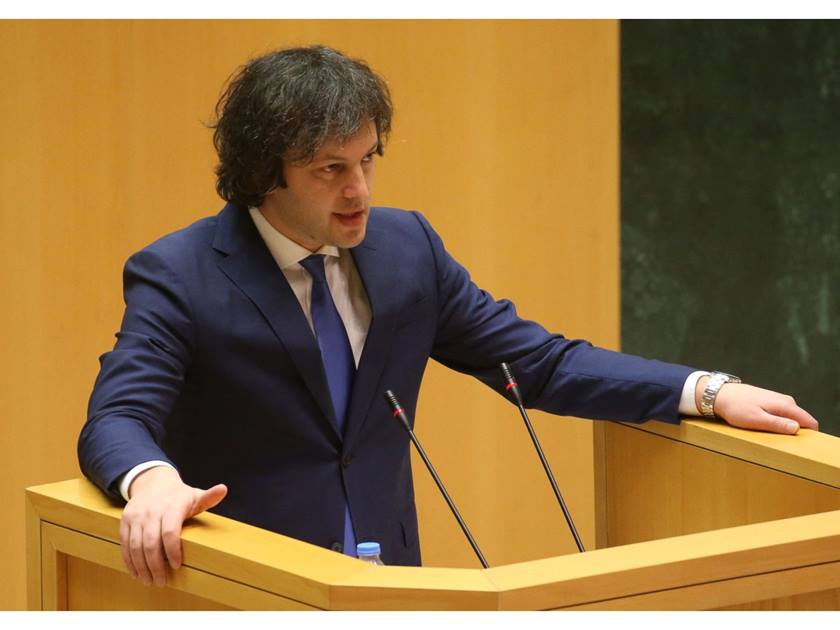
Georgian government on Thursday halted talks on the country’s accession to the European Union for four years, in a move that outraged the opposition and sparked waves of nationwide protests.
Announcing the government’s decision, Prime Minister Irakli Kobakhidze said it had to do with “blackmail and manipulation” from some of the bloc’s politicians.
“Georgia-EU relations, in their essence, are bilateral and can only be bilateral. We are a proud and self-respecting nation with a great history. It is categorically unacceptable for us to consider integration into the EU as a mercy that the EU should grant us”, Kobakhidze said, adding that Georgia’s EU integration should be rooted “in mutual respect”.
Kobakidze revealed that the EU accession talks would be removed from the government’s agenda and the country would refuse EU budgetary grants until late 2028 “when Georgia will be adequately prepared economically to open negotiations to become a member in 2030.”
The prime minister stressed the Georgian government’s decision aims to show “European politicians and bureaucrats, completely devoid of European values, that blackmail is not the way to address Georgia, but respect is.”
Georgia was granted EU candidate status last December, however, the EU in October announced that the accession process was halted to democratic “backsliding” in the country. The EU’s decision followed series of anti-EU and anti-democratic steps taken by the Georgian government, including the adoption of a pro-Russian style “foreign agent law” in May and the government’s victory in October parliamentary election that was marred by election violence and irregularities. The European Union passed a resolution on Thursday calling for sanctions on Georgia’s top government officials and declared that the parliamentary election held in October was invalid.
Thousands of protesters poured into the streets of capital Tbilisi following the U-turn in country’s EU accession, with police arresting a large number of demonstrators.